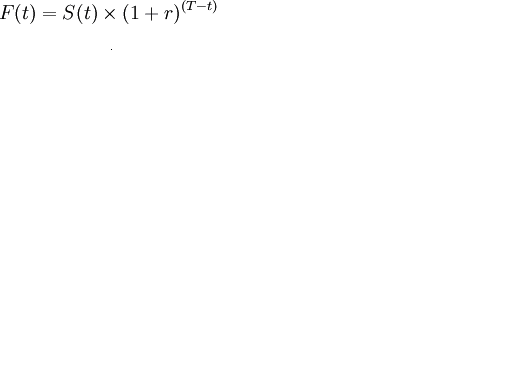Commodity futures aim to transfer risks associated with the ownership of a commodity. The commodity may be anything, from wheat to a foreign currency. At the time of the futures contract, the actual commodities do not physically change hands. The contract is legally binding for the transfer of commodities at a future date, which is specified at the time of entering into the contract. Also, at that moment itself, the price at which the delivery would take place in the future, is decided...
How are Commodity Futures Traded?
Commodity futures trading are done in an organized futures market. Unlike other investments such as stocks and bonds, trading in futures does not involve the actual possession of the commodity. All an investor does is to speculate on the future direction of the price of that commodity...
A well organized and efficient commodities futures market is acknowledged as helpful for the price discovery of commodities that are traded in it. Such a market facilitates the offsetting of transactions without actually impacting the physical goods...
When commodity futures contracts are traded with high leverage, they fall in the high risk area and get close to speculation. However, such kind of trading can also be done using low leverage to provide favorable payoffs. This technique would place futures trading in the low risk spectrum.
